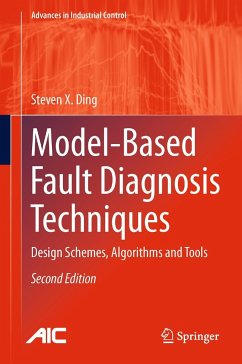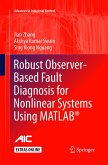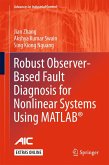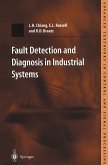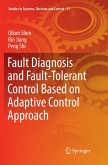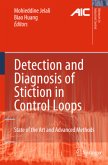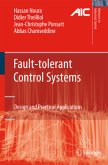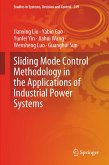Guaranteeing a high system performance over a wide operating range is an important issue surrounding the design of automatic control systems with successively increasing complexity. As a key technology in the search for a solution, advanced fault detection and identification (FDI) is receiving considerable attention. This book introduces basic model-based FDI schemes, advanced analysis and design algorithms, and mathematical and control-theoretic tools.
This second edition of Model-Based Fault Diagnosis Techniques contains:
- new material on fault isolation and identification and alarm management;
- extended and revised treatment of systematic threshold determination for systems with both deterministic unknown inputs and stochastic noises;
- addition of the continuously-stirred tank heater as a representative process-industrial benchmark; and
- enhanced discussion of residual evaluation which now deals with stochastic processes.
Model-based Fault Diagnosis Techniques will interest academic researchers working in fault identification and diagnosis and as a text it is suitable for graduate students in a formal university-based course or as a self-study aid for practising engineers working with automatic control or mechatronic systems from backgrounds as diverse as chemical process and power engineering.
This second edition of Model-Based Fault Diagnosis Techniques contains:
- new material on fault isolation and identification and alarm management;
- extended and revised treatment of systematic threshold determination for systems with both deterministic unknown inputs and stochastic noises;
- addition of the continuously-stirred tank heater as a representative process-industrial benchmark; and
- enhanced discussion of residual evaluation which now deals with stochastic processes.
Model-based Fault Diagnosis Techniques will interest academic researchers working in fault identification and diagnosis and as a text it is suitable for graduate students in a formal university-based course or as a self-study aid for practising engineers working with automatic control or mechatronic systems from backgrounds as diverse as chemical process and power engineering.

